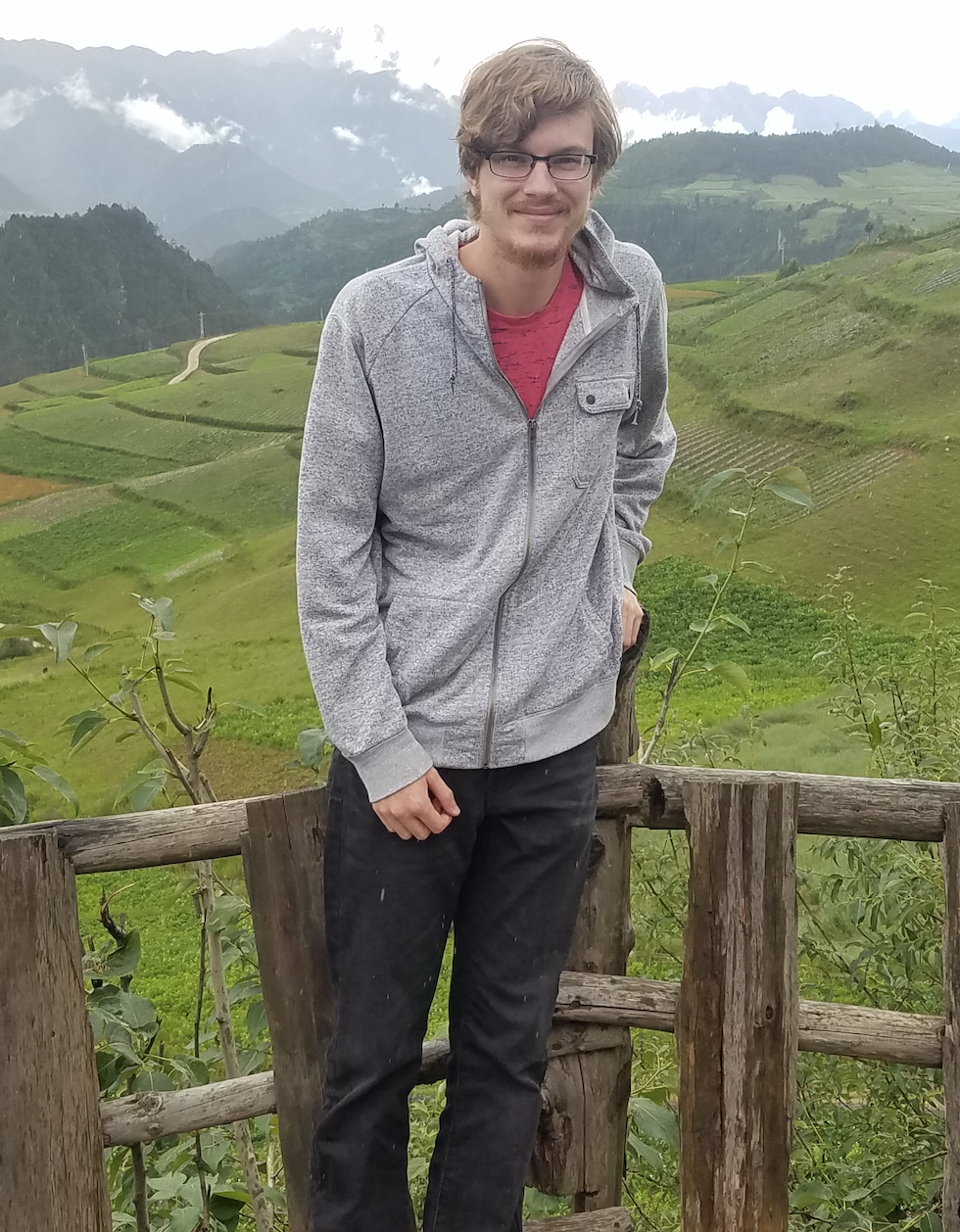Investigating the Diversity of Type Ia Supernova Spectra with the Open-Source Relational Database Kaepora
Published in MNRAS, 2019
MNRAS: https://academic.oup.com/mnras/advance-article-abstract/doi/10.1093/mnras/stz1209/5484870
Abstract
We present a public, open-source relational database (we name kaepora) containing a sample of 4975 spectra of 777 Type Ia supernovae (SNe Ia). Since we draw from many sources, we significantly improve the spectra by inspecting these data for quality, removing galactic emission lines and cosmic rays, generating variance spectra, and correcting for the reddening caused by both MW and host-galaxy dust. With our database, we organize this homogenized dataset by 56 unique categories of SN-specific and spectrum-specific metadata. With kaepora, we produce composite spectra of subpopulations of SNe Ia and examine how spectral features correlate with various SN properties. These composite spectra reproduce known correlations with phase, light-curve shape, and host-galaxy morphology. With our large dataset, we are also able to generate fine-grained composite spectra simultaneously over both phase and light-curve shape. The color evolution of our composite spectra is consistent with other SN Ia template spectra, and the spectral properties of our composite spectra are in rough agreement with these template spectra with some subtle differences. We investigate the spectral differences of SNe Ia that occur in galaxies with varying morphologies. Controlling for light-curve shape, which is highly correlated with host-galaxy morphology, we find that SNe Ia residing in late-type and early-type galaxies have similar spectral properties at multiple epochs. However for SNe Ia in these different environments, their spectra appear to have Ca II near-infrared triplet features that have slightly different strengths. Although this is apparent in the composite spectra and there is some difference in the populations as seen by individual spectra, this difference is not large enough to indicate differences in the underlying populations. We freely provide the community with kaepora and the tools developed for this investigation to facilitate future investigations of SN Ia properties.
